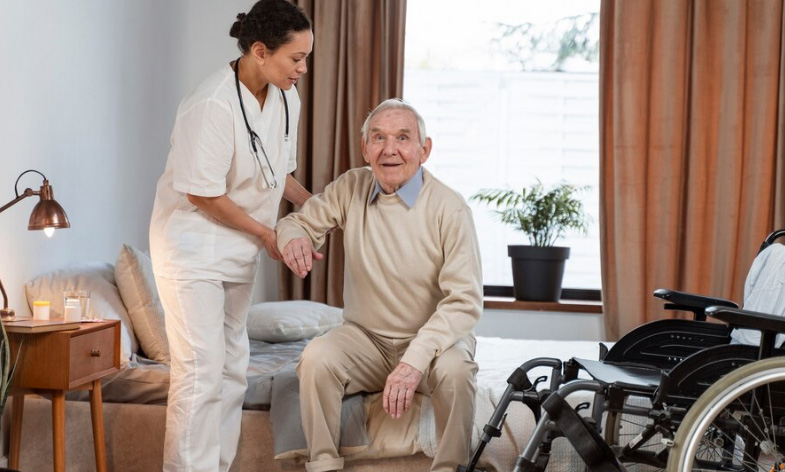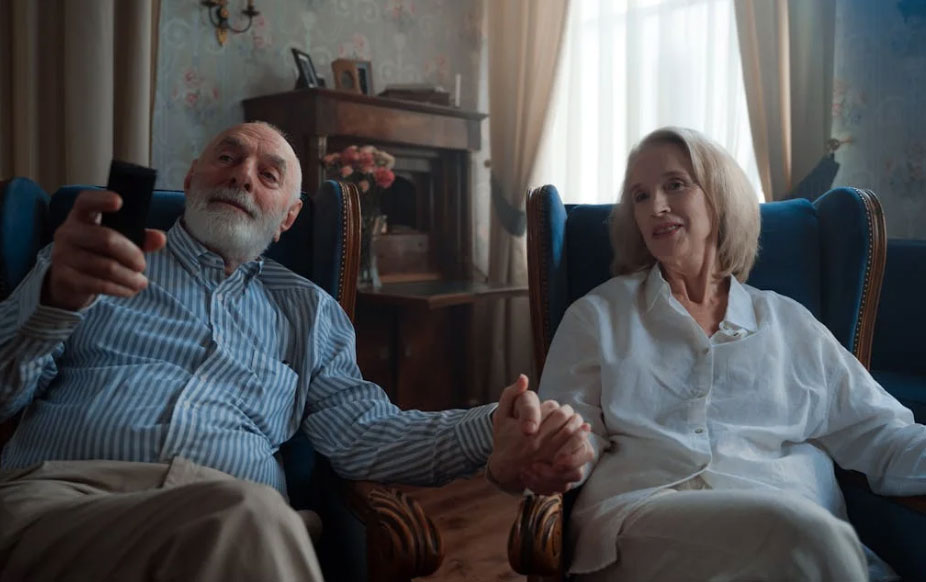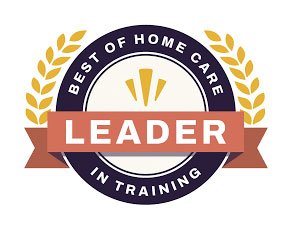
Hospice is essential end-of-life care for those terminally ill. According to the Hospice Foundation of America, a hospice is a type of medical care that improves or maintains the quality of life of those who are elderly, suffering from a disease, illness, or condition that is incurable.
Each patient has special needs, which is why a customized plan is needed to address the emotional, spiritual, and physical challenges that may come with having a terminal illness.
There are many questions one may ask about the effectiveness or the lack of supplemental nutrition for end-of-life care. Some also note what side effects, burdens, and complications each treatment may pose on patients and caregivers.
There are many ways how hospice care can help with end-of-life nutrition. Here are some of them.
Reduce Effects of Dehydration
When a patient stops drinking, it can lead to dry mouth and dehydration, which can be uncomfortable. So aside from giving proper hydration, oral hygiene measures can be taken. These include lip and mouth lubrication as well as mouth swabs and ice chips. Hospice Certified Nurse Assistants are trained and equipped to provide oral cleanliness.
Educate People on Ethical, Religious, and Legal Concerns
Providing nutritional support therapy can have emotional, legal, and religious concerns at play. Nutritional sustenance can appease patients and their family members who may not understand the benefits and the medical indications in terms of nutrition support.
Many religions also are hesitant and don’t permit withdrawal of nutritional efforts, especially during the end-of-life. For instance, According to Pew Research Center, the Southern Baptist Convention does not agree with any actions that may quicken passing, including the termination of food and water and a stop in regular medical treatments.
According to the National Institute on Aging, when it comes to legality, stopping treatments does not control or cure an illness and not deciding to start a new one is legal whether the decision was made by the patient or by an individual who makes the healthcare decisions for the patient.
A hospice care team can educate patients and their families about the benefits and downsides of nutrition at the end of life. Psychosocial support from chaplains and social workers can assist with the issues so that the family can make an informed decision.
Ensure Comfort for Patients
One of the main roles of hospice care is to make sure that a patient is comfortable. Some of the things that can cause discomfort include fatigue, temperature sensitivity, and digestive issues. A quality hospice care team can help you determine the pain points and the vital adjustments in terms of nutritional support so your loved one may experience more comfort.
Make Critical Decisions
It’s hard to see a loved one passing away. Most of the time, people think that their loved one may feel extreme hunger. But remember that it is common for those who are at the very end of life to not even care about eating or drinking. They may not also feel hunger anymore so if you force them to eat or drink, they just may experience complications and discomfort such as diarrhea, constipation, vomiting, nausea, and even bloating.
Work with Families Through All Stages
If a patient is capable of eating, chewing, and swallowing normal food, a dietician can work with the patient’s families to create a diet that meets their loved one’s needs. Here are some of the things they can provide:
- Pick foods that the patients want to eat.
- Offer five to six meals every day instead of three.
- Choose soft foods like yogurt, cottage cheese, ice cream, beans, and pudding.
- Choose foods at room temperature or even cold foods.
Conclusion
Hospice care can make your loved ones feel more comfortable with a customized plan for nutrition if required. A holistic approach will address their emotional, physical, and even spiritual challenges.
Golden Rule Hospice provides the best hospice care in Atlanta, Brookhaven, Douglasville, Gainesville, Marietta, Peachtree Corners, Smyrna, and Stockbridge. Contact us today at (470) 395-6567 to know more about how we can help.







